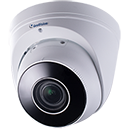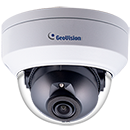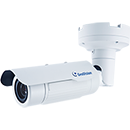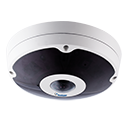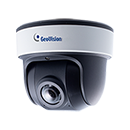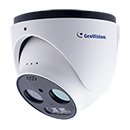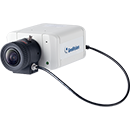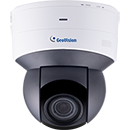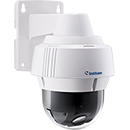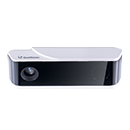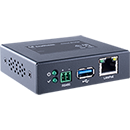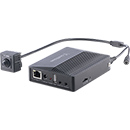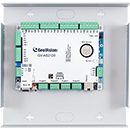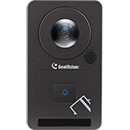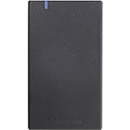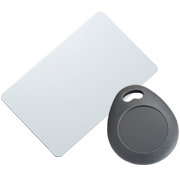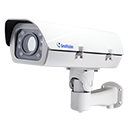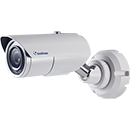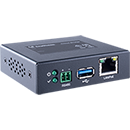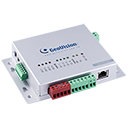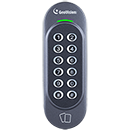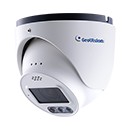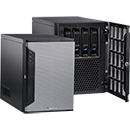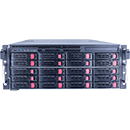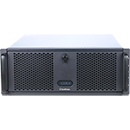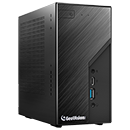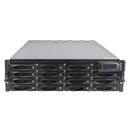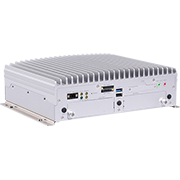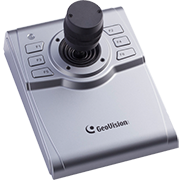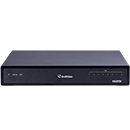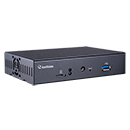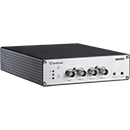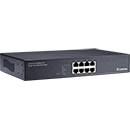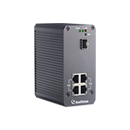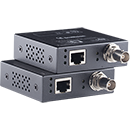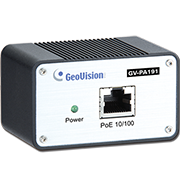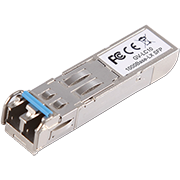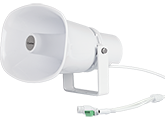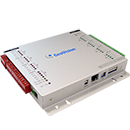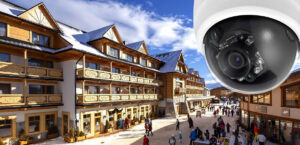
The large number of people often present in a hotel is one of the major reasons that makes it vulnerable. That the environment in hotels is designed to make it easy for visitors to come and go make things complicated.
“Hotels were targeted due to ‘multi-nation people staying’,” said an industry professional working for one of the global solution providers, referring to the recent untoward incidents. He added that hotels and places like open-air markets are becoming targets due to the nature of people visiting them and the ease of attack using methods like a car bomb.
The issue of threats to hotels should be seen not just in the context of the above-mentioned regions, but as a global problem. Four main reasons for this:
1. Hotels are open to the public. A hotel needs to make it easy for guests, customers to their bar, restaurant, and facilities like spas to come in, to maintain their business. This kind of set-up results in a flow of people that can’t always be checked at the entrance. Unlike in other business locations where visitors can be screened and identified, there are no means to confirm the legitimacy of the customer in a hotel.
2. Often customers come from several different countries. In case of a terrorist attack, media from all of their countries will cover the event. Terrorists try to take advantage of this to increase the impact of the attacks.
3. Hospitality is an industry that suffers from the fact that it is rarely seen a critical industry for the country, unlike verticals like oil & gas, telecom, banking, etc. Having a hotel attacked do not make the local population and the government feel as concerned as if the mobile phone network was down. The impact on local daily life is far less.
4. The customer experience is the prime concern of hospitality, as well as safety from issues like fire and floods. Hospitality insurance costs are mostly related to these. Any other security violation was limited to rare thefts and harassments. It is in the recent times that concerns like terrorism have become a major issue for hotels.
Security is not yet in the DNA of the hospitality industry. Security measures often come as a complement that is not comprehensively taken into account at renovation or design stage of hotel construction. Most of the hospitality industry cope with security issues because the environment tells them that it has to but the industry has not yet stepped up to the level where a global approach of security issue and its inclusion in the business model is taken into account.
What is the solution?
Several hotels, especially in the Middle East, Africa, and Asia, have become targets of terror attacks in the recent times. Experts suggest that the impact of a lot of such attacks could have been reduced had adequate security solutions been in place.
What’s missing in a security solution are often maintenance and predetermined procedures for a crisis situation and appropriate training.
More specifically, hotels could have prevented a number of issues if early detection systems were in place. It will be much easier to deal with the terrorists when threats are detected early than dealing with them in a hostage situation.
Most of the terrorist attacks which happened recently showed that the terrorists didn’t find lots of difficulties to enter the hotel premises, and therefore we can conclude that earlier detection could have saved many lives (Tunisia attacks, Lebanon, etc.). Security systems can help in early detection, and could save many lives if used correctly. The hospitality sectors should be encouraged to use extensively the latest early detection methods, e.g., facial detection, vehicle license plates and to match any wanted terrorist and trigger alarm before the terrorist enter the premises.
But the issue becomes a bit more complicated when terrorists make use of attack methods like car bombs. According to the cases which had happened, terrorists didn’t even need to enter the hotel, making it more difficult to prevent. However, two key measures can reduce the risks.
Terrorists will visit and check the situation before an attack. So, if we have face detection with a black list, there is a better chance at early detection. Also, detection of objects left behind can be helpful to identify cases like bombs in bags at lobby area.
Analytics and Access Control Systems
To counter these issues, certain key innovative solutions that are either being implemented or should be implemented.
For example, using video analytics software, hotels can try to make the security system more proactive. This means there is no need for guards to be present at all locations all the time. The analytic solution can alert the security operation when a threat is detected. This saves costs while maintaining security.
Strong access control systems, especially those that make use of biometrics, also play a major role in the hotel industry. Biometrics are ideally used in controlling access to specific areas and for time attendance. This not just helps hotels to keep track of the movement of people, but also assists in improving business operations.
Solutions like License Plate Recognition (LPR) systems should also come in handy as it will help monitor the outer areas of the hotels and the streets.
However, despite such suggestions, many hotels in the region [the Middle East and North Africa] are still operating dated systems. A number of them still operate on legacy analog video surveillance systems, while it is obvious that upgrading to full HD and 4K surveillance can vastly improve security operations.
In addition, integrated systems with alarms received into one security management platform can significantly close security gaps. For instance, when a door is breached, a IP camera can automatically focus on the event, quickly allowing security operatives to verify and react to the situation.
But such proposals don’t come without certain challenges, the most obvious being budgetary concerns and operational difficulties. The nature of hospitality industry necessitates a friendly and welcoming atmosphere, making it tough for systems integrators (SI) to set up elaborate equipment. Security solutions in this vertical should be non-intrusive and able to put hotel customers at ease, assured that they are well-protected.
Source: a&s Magazine
